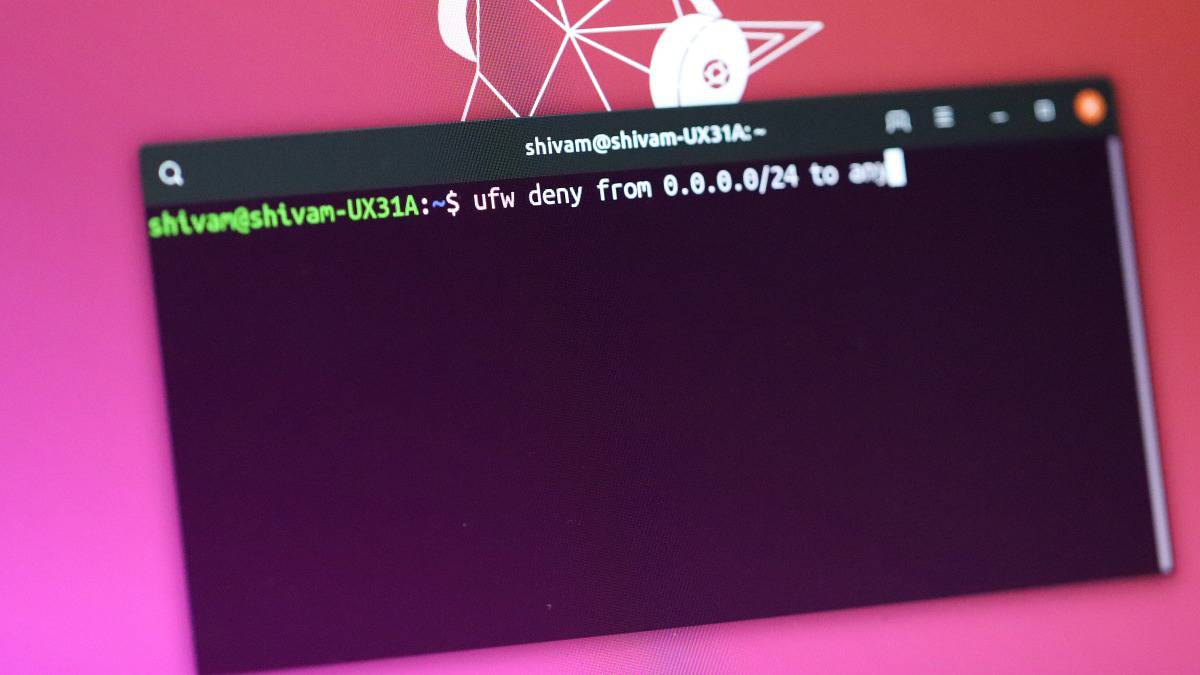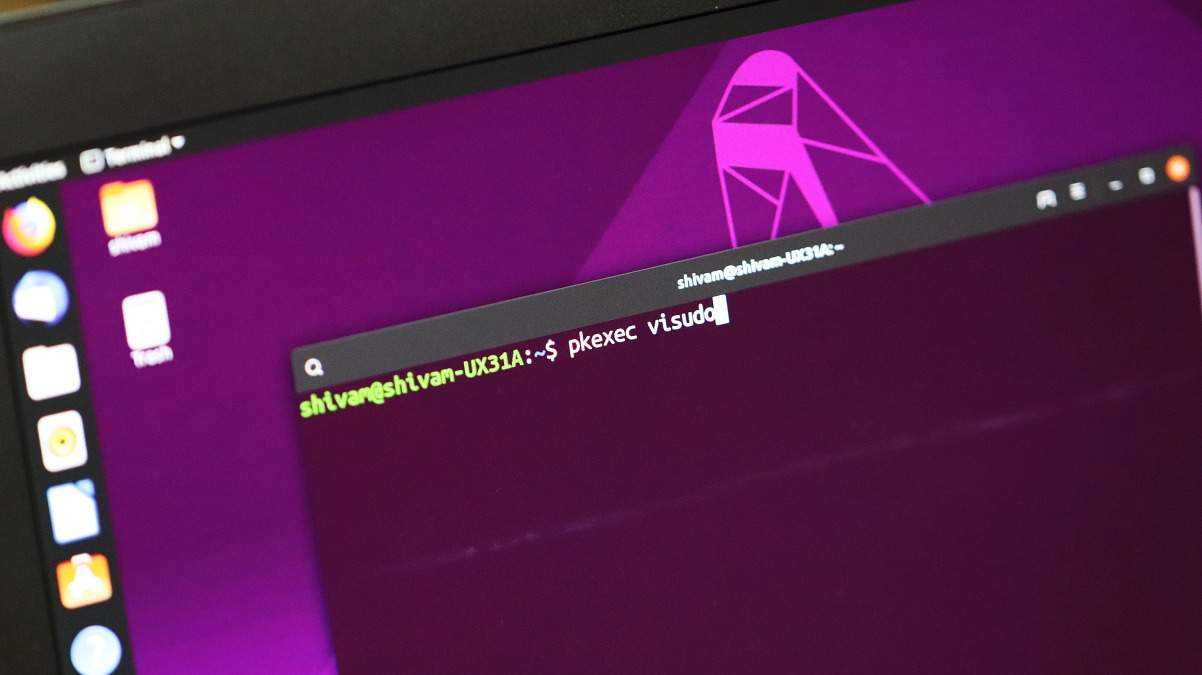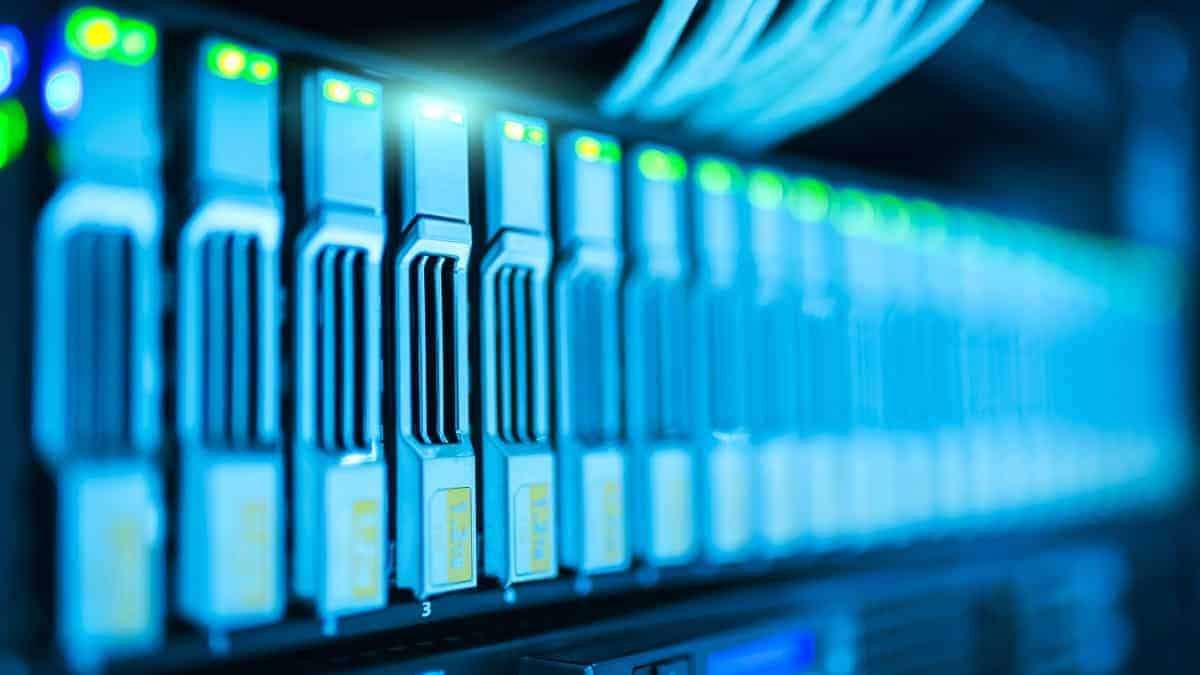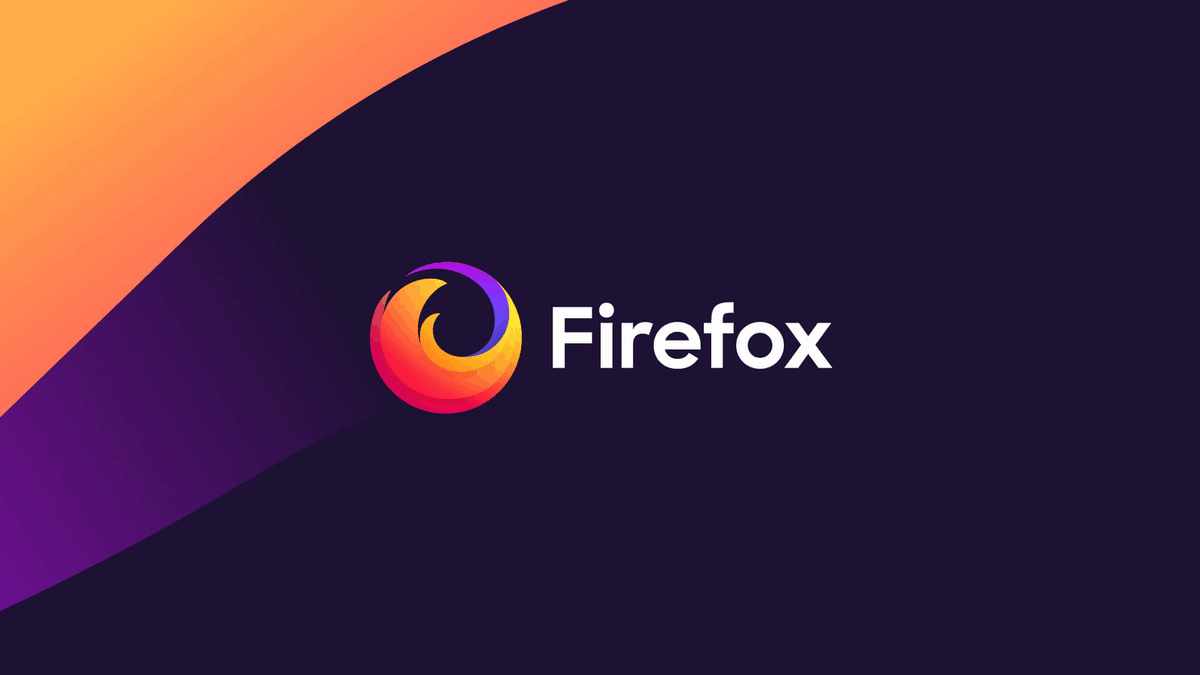How to use Linux Screen
GNU Screen is a versatile terminal multiplexer that enables you to manage multiple terminal sessions within a single window. It's particularly useful for running multiple processes simultaneously and keeping your terminal sessions active even when disconnected. Installing screen To install screen on Ubuntu and Debian systems, execute the






